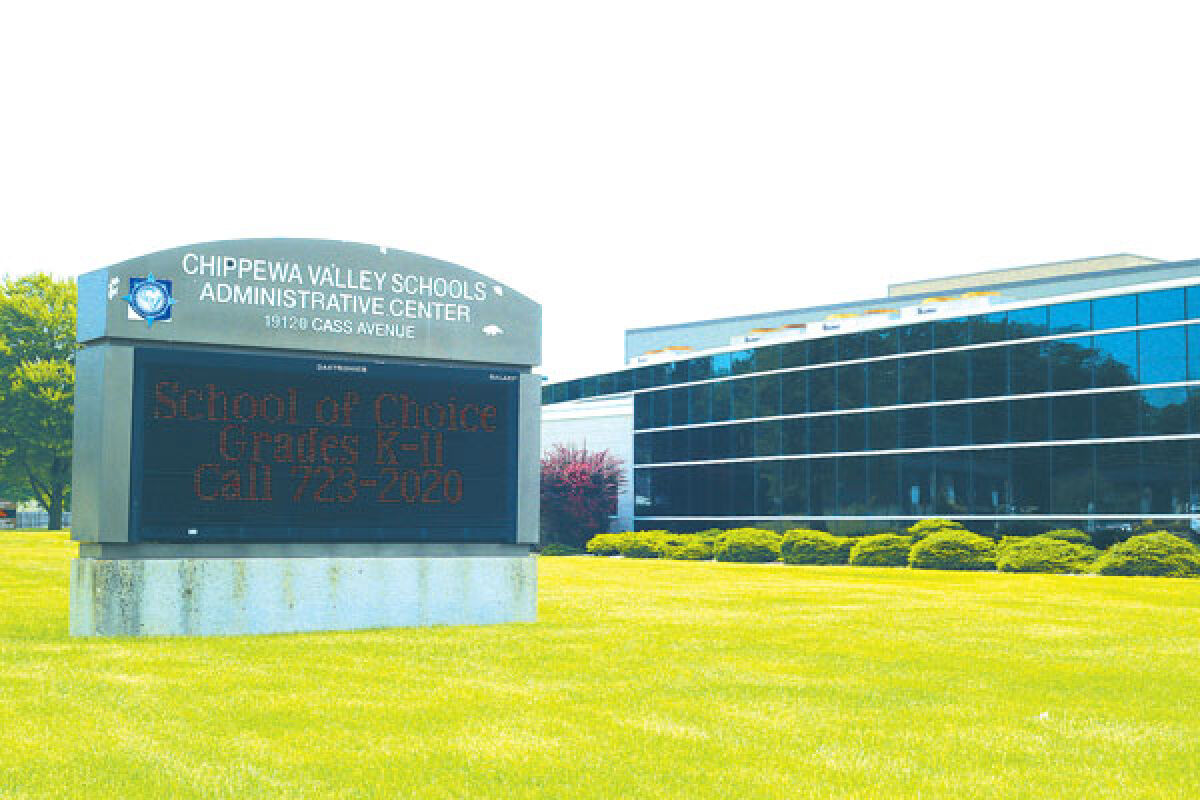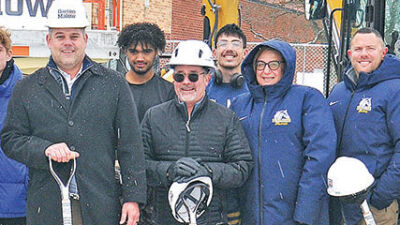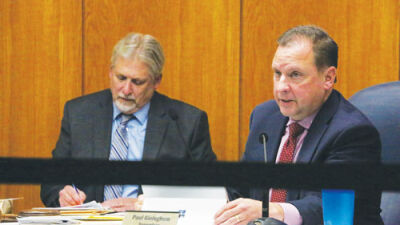CLINTON TOWNSHIP — Voters in the Chippewa Valley school district will soon be tasked with determining whether a key revenue source will be allowed to continue.
Chippewa Valley Schools has placed a proposal on the Aug. 6 primary election ballot asking voters to allow the district to renew its non-homestead millage. The text of the proposal reads as follows:
This proposal would renew and restore the authority of the School District to continue to levy the statutory limit of 18 mills on all property, except principal residences (owner occupied homes) and other property exempt by law, for general operating purposes, which currently expires with the School District’s 2024 tax levy and allow the School District to continue to levy the statutory limit of 18 mills in the event of future Headlee rollbacks of up to 1 mill. This authorization will allow the School District to continue to receive revenues at the full per pupil foundation allowance permitted by the State.
Shall the limitation on the total amount of taxes which may be assessed against all property, except principal residences and other property exempted by law, situated within the Chippewa Valley Schools, County of Macomb, Michigan, be increased in the amount of 19 mills with 18 mills being the maximum allowable annual levy ($18.00 on each $1,000 of taxable valuation), for a period of ten (10) years, 2025 to 2034, inclusive? This operating millage if approved and levied, would provide estimated revenues to the School District of $16,500,000 during the 2025 calendar year, to be used for general operating purposes.
“(The millage rate) will stay exactly as it is now,” Chippewa Valley Schools Superintendent Ronald Roberts said. “So, with non-homestead properties currently, these 18 mills they pay, and they’ve paid since 1994. A positive vote keeps it in place. It does not raise the taxes of those non-homestead properties. It does not raise taxes on people’s homes. It just remains the way it’s been.”
The millage will only apply to select properties in Clinton and Macomb townships. By definition, the millage will not be levied against owner-occupied homes but commercial properties such as business properties, rental properties and vacant land. Second homes are affected by the millage, too. Whether residents of rental properties will have to pay the millage is up to individual landlords, though whether such renters are currently paying the existing millage is the best indicator of future costs.
“In general, I would say this allows the community to maintain a level of funding for the schools without impacting most owner-occupied residential properties,” Clinton Township Treasurer Paul Gieleghem said.
School districts are required to levy non-homestead millages as a consequence of Proposal A of 1994. The proposal exempted real and personal property taxes for school use and tasked the legislature to come up with a new funding method. The legislature’s new funding sources were a 2% increase to sales tax for the School Aid Fund, a 6-mill tax applied to all properties, a 0.75% real estate transfer tax, increasing the cigarette tax and the ability to levy up to 18 mills on non-homestead properties.
“To receive full funding for your district, you have to have this non-homestead millage election every so often,” Roberts said. “You can go to this millage for 20 years. We’ve always, in this district, gone for it every 10 years. When you look at how districts do this across the state, they’re kind of different on when they have it, but you always need to have this non-homestead millage in place in order to receive full funding for your students.
Roberts says the funds received through the millage are used throughout the district and that a rejection of the renewal would lead to serious cuts to programs across the district.
“If we were forced to reduce by almost $18 million, you just start cutting a lot of programs,” Roberts said. “That’s athletics, that’s CTE (career technical education), that’s any kind of health service we have in our schools, our school resource officers … Cuts to custodial services. All those things that surround a classroom are things that surround a classroom are things that you would have to consider cutting.”
Residents across the district have voted to uphold the non-homestead property millage in the past. In 2014, over 68% of voters (21,369) voted to maintain the operating millage versus 31.7% (9,939) who voted against it.
If the proposal were to fail, Roberts says the district would try again in November.
“This is something that you need to keep putting before the voters and you put it out there until you can pass it, just because of the devastation it would cause to the school district,” Roberts said.
Residents with questions about the millage proposal can call (586) 723-2000.
 Publication select ▼
Publication select ▼



















